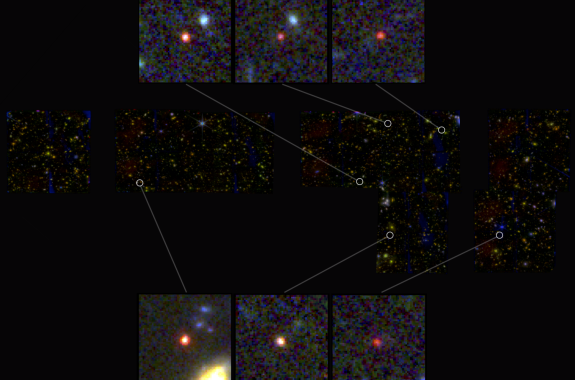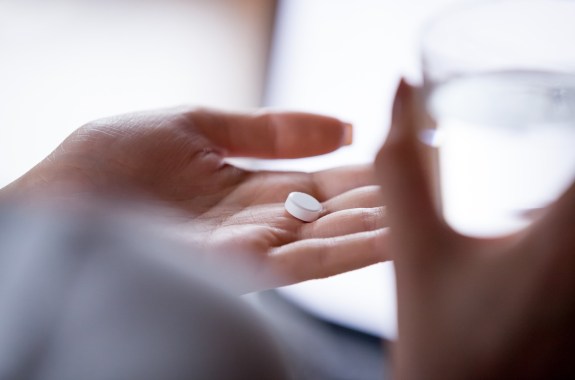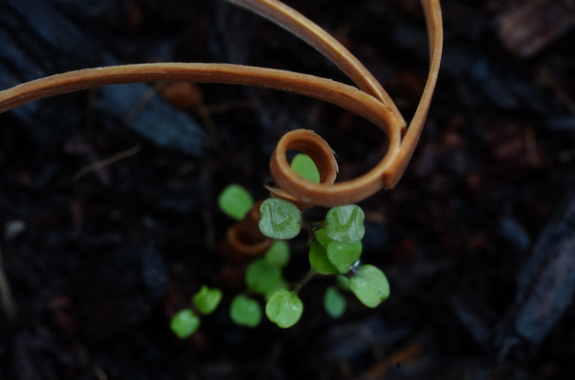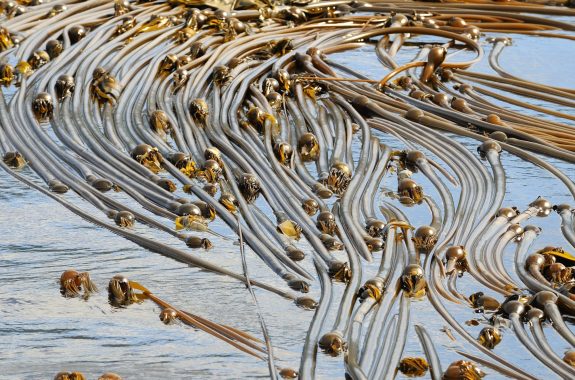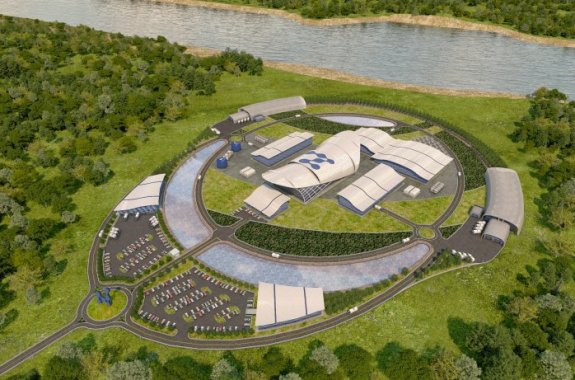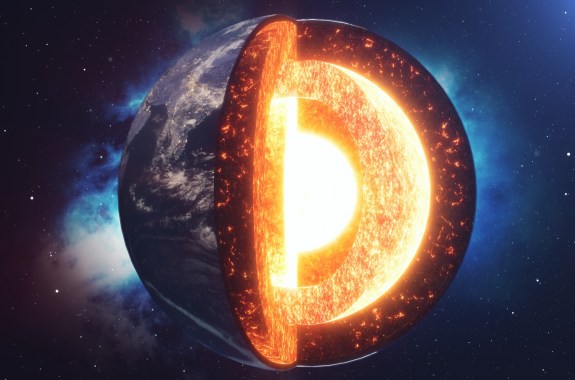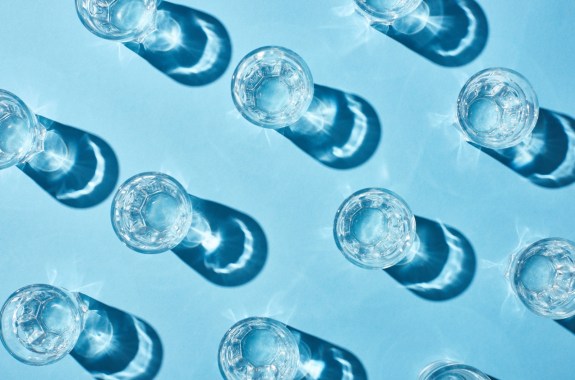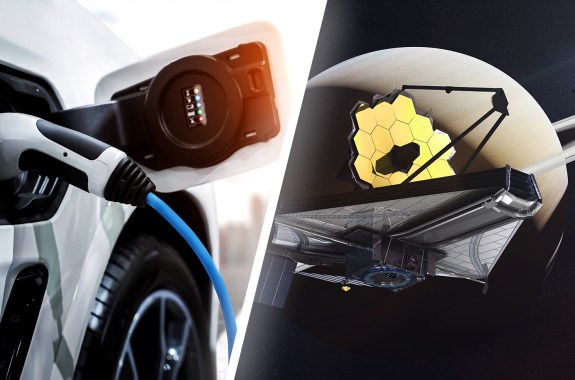As Science Friday’s director and senior producer, Charles Bergquist channels the chaos of a live production studio into something sounding like a radio program. He coordinates in-studio activities each week from 1-4. And then collapses. He also produces pieces for the radio show. His favorite topics involve planetary sciences, chemistry, materials, and shiny things with blinking lights.
Charles has been at Science Friday longer than anyone on staff except Ira, and so serves as a repository of sometimes useful, sometimes useless knowledge about the program. He remembers the time an audience member decided to recite a love poem during a live remote broadcast, the time the whole staff went for ice cream at midnight in Fairbanks, Alaska, and the name of that guy Ira is trying to remember from a few years back who did something with space.
He hails from southeastern Pennsylvania and worked for a while as a demonstrator at the Franklin Institute, Philadelphia’s science museum (favorite devices: Maillardet’s Automaton, the stream table, the Chladni plates). He has a degree in chemistry from the University of Delaware, home of the Fighting Blue Hens, and a master’s in journalism from New York University’s Science, Health, and Environmental Reporting Program. However, he attended the program prior to the addition of ‘Health’ to its name, which may explain his slight unease when covering medical topics.
Outside the walls of Science Friday, he enjoys backpacking, camping, cooking not-entirely-healthy things, reading escapist fiction, and trying to unravel his children’s complicated stories.
8:17
Are These Ancient Galaxies Too Big For Their Age?
Tiny red dots observed by the Webb telescope have some astronomers pondering theories of galactic formation.
12:18
A Medication Abortion Drug Faces Potential Nationwide Restriction
An upcoming ruling in Texas could restrict access to the medication abortion drug mifepristone nationwide.
8:27
A New Twist On Sowing Seeds
An engineered wooden wrapper helps seeds bury themselves in damp soil.
17:02
The Unseen World Of Seaweeds
A new book celebrates the beautiful and underappreciated seaweeds shaping coastlines around the world.
7:36
Why It Feels So Good To Eat Chocolate
An artificial tongue helps researchers understand how texture impacts what people like about chocolate.
17:33
U.S. Approves First Small Nuclear Reactor Design
The U.S. just approved its first small modular nuclear power plant design. What does it mean for the future of nuclear power?
12:10
What’s Behind The Strange Slowing Of The Earth’s Core?
The Earth’s inner core may be slowing its rate of rotation—possibly reversing direction relative to the rest of the planet.
9:12
How Many Glasses Of Water A Day Do You Actually Need?
Forget six to eight glasses. A recent study finds global water habits vary widely.
12:03
Why Are Gas Stoves Under Fire?
Gas stoves have been a hot topic of debate. A climate reporter answers our burning questions about their use, our health, and the climate.
11:39
Technology Trends to Watch in 2023
Experts at the MIT Technology Review highlight ten key tech breakthroughs that might change the world.
